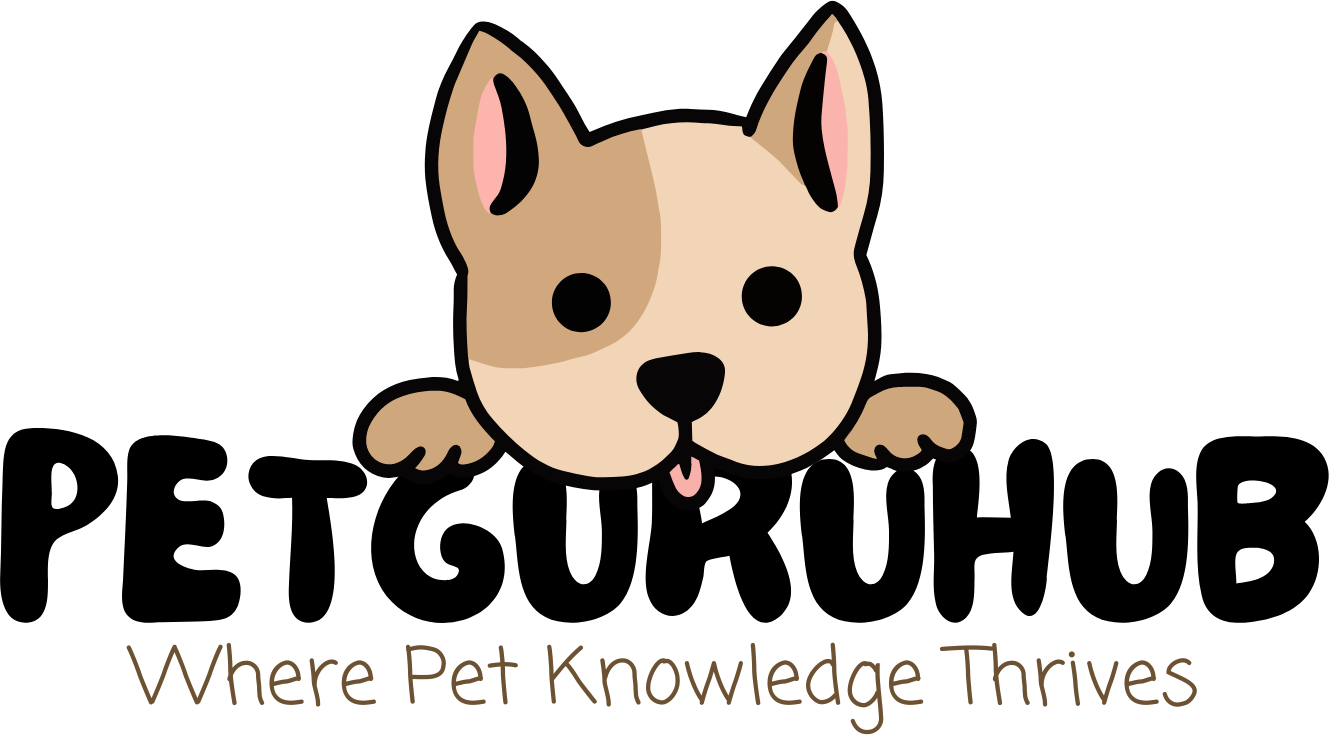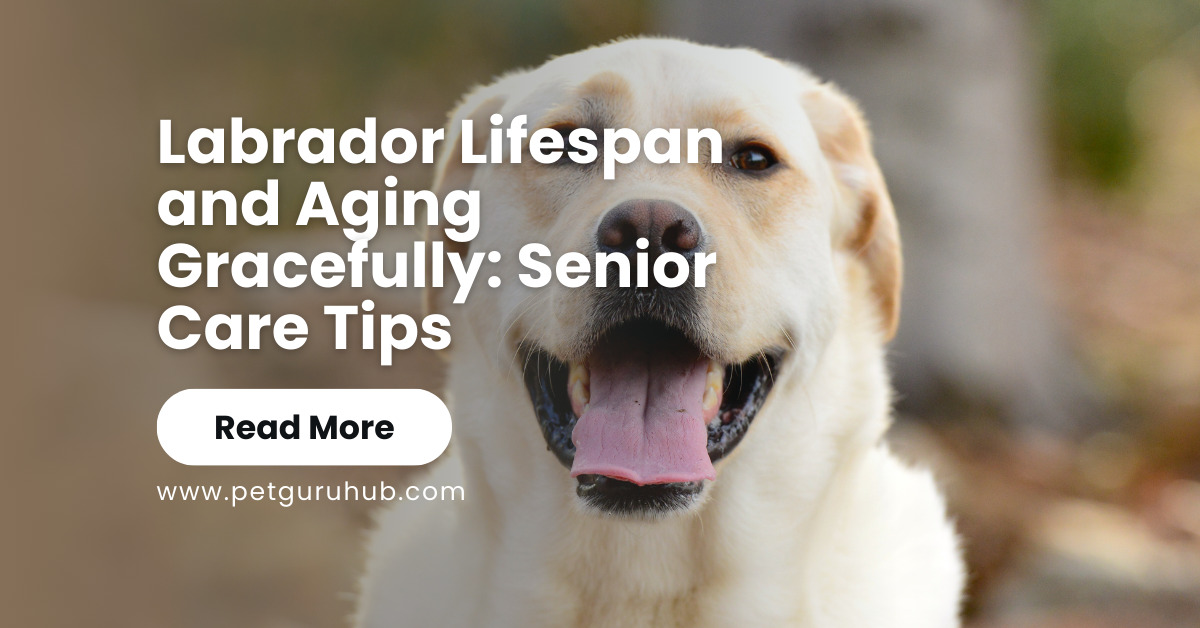Introduction
As your Labrador friend enters their golden years, you want to make sure their senior years are filled with comfort, happiness, and dignity. While aging brings new challenges, there are many things you can do as a caregiver to help your elderly canine companion age gracefully. This article provides tips on adapting to your Lab’s changing needs, enhancing their quality of life, and providing attentive end-of-life care.
| Stage | Age Range | Signs | Care Tips |
|---|---|---|---|
| Young Adult | 1-6 years | Peak energy and health | – Spay/neuter – Train manners – Exercise daily |
| Middle-aged | 6-8 years | Early greying, weight gain | – Annual vet exams – Maintain ideal weight |
| Senior | 8-10+ years | Hearing/vision loss, arthritis, incontinence | – Adapt home for safety – Joint supplements – More rest, less exercise |
| Geriatric | 10+ years | Frailty, cancer, dementia | – Frequent vet monitoring – Soft foods – Hospice/palliative care |
Recognizing the Signs of Aging
Around age seven, your Labrador will enter their senior stage. Some of the most common signs of aging in Labs are:
- Hearing Loss – Your dog may have difficulty hearing, especially high-pitched sounds. They may seem startled easily or need louder cues.
- Vision Issues – Cloudy eyes, cataracts, and loss of vision are common. Your dog may have trouble with stairs, retrieving toys, or seeing in low light.
- Arthritis – Stiffness, difficulty standing up or climbing, and limping point to joint pain and arthritis. Your dog may lick sore joints.
- Incontinence – Your housebroken dog may start having indoor accidents due to loss of bladder control.
- Cognitive Decline – Disorientation, forgetting commands, anxiety, and behavioral changes can indicate canine cognitive dysfunction.
- Cancer – Lumps, abnormal growths, and non-healing wounds may be cancerous. Labradors are prone to certain cancers.
Catching age-related issues early allows for better management. Have your vet examine your senior dog closely each year.
Adapting Their Environment
Making some simple changes around your home can help accommodate your aging buddy’s needs:
- Use ramps and runners to make it easier to get up on furniture or climb stairs.
- Place water bowls in easy to reach spots to encourage drinking.
- Put non-slip mats in slick areas to improve traction.
- Ensure good lighting throughout your home so your dog can see better.
- Baby gates can block off areas that are unsafe for an older dog.
- Orthopedic dog beds provide joint relief and comfort.
- Keep noise levels low to accommodate hearing loss.
- Rearrange furniture to create open paths your dog can easily navigate.
Adaptations like these promote safety, accessibility, and independence for senior dogs.
Providing the Right Diet
What your aging Lab eats can impact their wellbeing. Consider these dietary tips:
- Feed a high-quality senior dog food to provide complete nutrition without excess calories.
- Add omega-3s like fish oil to reduce inflammation and arthritis pain.
- Hydration is crucial – make water easy to access. Add broth or wet food to increase fluid intake.
- Divide meals into smaller, more frequent portions if your dog has dental issues.
- Supplements like glucosamine and chondroitin support joint health. Ask your vet for recommendations.
- Monitor for weight loss – older dogs can lose muscle mass. Increase calories if needed.
- Avoid table scraps that are difficult to digest. Stick to the dog’s normal diet.
With some adjustments, you can continue feeding food your senior Lab loves while also meeting their changing nutritional requirements.
Exercising for Healthy Aging
Exercise remains important as your Lab ages, but the intensity and duration should change. Low-impact activities are ideal.
- Short, frequent walks – 10-15 minutes 2-3 times daily. Don’t overdo walks.
- Swimming and water exercise – Excellent for joint health with minimal weight-bearing.
- Fetch games – Use soft toys and avoid excessive jumping to retrieve.
- Nose games – Hide and seek with treats stimulates their mind.
- Massage – Increase circulation and relieve muscle tension.
- Range-of-motion exercises – Gently flex and extend legs, as directed by your vet.
- Ramps and stairs – Climbing helps maintain strength and mobility.
- Mental games – Try puzzle toys to keep their mind active.
Adjust activity as needed based on your dog’s stamina and comfort level. Check with your vet if you are unsure what is safe. Rest is important too!
Enriching Their Golden Years
In addition to physical health, keeping your senior dog mentally and socially engaged enhances their overall wellbeing.
- Train new tricks – Short, positive training sessions stimulate their mind.
- Social interaction – Arrange play dates with familiar gentle dogs.
- Outings – Bring them along (if possible) for errands and visits.
- Cuddle and massage – Hands-on affection relieves stress.
- Grooming – Brushing helps you monitor lumps and skin changes.
- Toys – Rotate novel toys to maintain interest.
- Outdoor time – Let them bask in the sun or sniff nature trails.
- Treats – Food puzzles and chews provide mental challenges.
- Photos and memories – Compile an album of your adventures together.
Spending quality time together, trying new experiences, and showing love keeps life exciting for senior dogs.
Managing Ongoing Health Issues
Unfortunately, chronic health problems often emerge in a dog’s later years. Close coordination with your vet is key to providing the best care.
- Medications – Follow prescription instructions carefully. Use pill pockets if needed.
- Lab work – Have bloodwork done regularly to catch issues early.
- Vaccines – Keep core vaccines up to date, per your vet’s advice.
- Dental care – Professional cleanings and daily brushing maintain dental health.
- Physical therapy – Stretching, massage, exercises, and other modalities can aid recovery from injury or surgery.
- Assistive devices – Harnesses, ramps, orthopedic beds, and carts improve mobility.
- Alternative medicine – Acupuncture, laser therapy, and supplements like CBD may also help.
While managing age-related health problems can be challenging, your vet can guide you in ensuring your senior dog stays as comfortable and active as possible.
Providing End-of-Life Comfort
Saying goodbye to your loyal companion is painful. However, you can take steps to make their final days peaceful.
- Hospice care – Focus is on comfort, not cure. Manage pain and emotional needs.
- Quality time together – Shower them with love and attention. Capture paw prints.
- Monitor for changes – Appetite, activity level, and behavior can indicate decline.
- In-home euthanasia – When it’s time, choose at-home euthanasia so they pass comfortably in familiar surroundings.
- Aftercare – Have a plan for burial or cremation. Create a memorial.
- Grief support – Join a pet loss support group. Memorialize your pet online.
While limited in years, your relationship with your dog is limitless. Honor that bond by easing their transition in their final season of life.
The Rewards of Caring for a Senior Dog
While caring for an aging dog has challenges, the rewards are immeasurable. You are giving your loyal companion the gift of comfort and security when they need it most. By adapting to their changing needs, you prolong your treasured time together. And in the end, you can find peace knowing you enriched their golden years with love. That is the greatest gift of all.
Conclusion
Aging brings changes for dogs and their caregivers. But with planning, patience and TLC, you can guide your senior Lab through their golden years with grace. Stay attuned to their needs, coordinate vet care, and cherish each day you have together. Your faithful friend deserves nothing less.
Frequently Asked Questions
What is the average lifespan of a Labrador Retriever?
The average lifespan of a Labrador Retriever is 10-12 years. Some Labs live longer, into their early teens. Factors like diet, exercise, and genetics influence longevity.
At what age is a Labrador considered a senior?
Labs are generally considered senior dogs starting around age 7. The senior stage spans the later years of a Lab’s life from around ages 7-10+.
How can I make my home safer for my aging Labrador?
Use ramps, runners, orthopedic beds, and rearrange furniture to make it easier for your senior Lab to get around. Improve lighting, lower noise, and remove tripping hazards.
What changes should I make to my Lab’s diet as they age?
Feed a high-quality senior formula, add supplements like omega-3s, increase hydration, divide meals, avoid table scraps, and monitor weight. Ask your vet for diet tips.
How much exercise does an elderly Labrador need?
Lower-impact exercise like short walks, swimming, fetch, and nose games are best. Avoid overexertion. Increase rest periods. Adjust activity based on your Lab’s health and stamina.
What are signs my senior Labrador may need to see the vet?
Contact your vet if you notice sudden behavior changes, loss of appetite, difficulty moving, new lumps/bumps, accidents in the house, or other concerning symptoms.
How can I enrich the life of my aging Labrador?
Mental stimulation, socialization with familiar gentle dogs, affection, massage, grooming, training, toys, treats, and quality time together enrich a senior Lab’s life.
What end-of-life care options are available for Labradors?
Options like at-home euthanasia, hospice care, palliative care, pet loss support groups, memorials, burial, and cremation can provide comfort at end of life.
What are some ways I can memorialize my Labrador when they pass away?
To memorialize your Lab, you can create a photo album, paw print impression, online tribute, planting a tree in their honor, engraving an urn, or display their collar.
How can I manage my grief after losing my Labrador?
Coping with grief involves allowing yourself to feel the loss, finding support through pet loss groups, memorializing your pet, and over time, focusing on happy memories.


